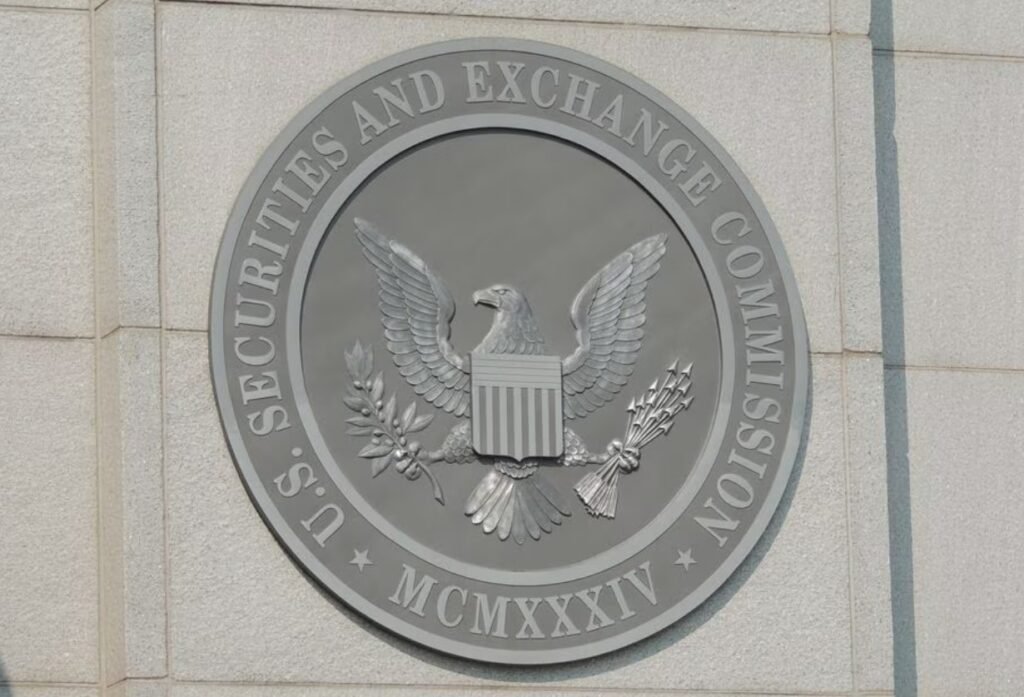The U.S. Securities and Exchange Commission (SEC) has reportedly decided not to appeal the recent court ruling that favored Grayscale Investments, the largest digital asset manager in the world. The ruling requires the SEC to review the firm’s application for a spot Bitcoin exchange-traded fund (ETF), which could be a game-changer for the crypto industry.
What is a spot Bitcoin ETF?
A spot Bitcoin ETF is a type of investment product that tracks the price of Bitcoin directly, without using derivatives or other intermediaries. It allows investors to gain exposure to Bitcoin in a regulated and transparent manner, without having to deal with the technical and security challenges of buying and storing the cryptocurrency themselves.
A spot Bitcoin ETF would also provide more liquidity and efficiency to the Bitcoin market, as well as lower fees and risks for investors. Moreover, it would attract more institutional and retail investors to the crypto space, potentially boosting the adoption and value of Bitcoin.
Why did the SEC reject Grayscale’s application?
Grayscale Investments, which operates the popular Grayscale Bitcoin Trust (GBTC), filed an application for a spot Bitcoin ETF in 2019. However, the SEC rejected the application in 2020, citing concerns about market manipulation, fraud, and investor protection.
The SEC argued that Grayscale did not meet the requirements of the Investment Company Act of 1940, which regulates mutual funds and other investment companies. The SEC claimed that Grayscale did not provide sufficient information about its valuation, custody, liquidity, and diversification of its assets.

Grayscale challenged the SEC’s decision in court, arguing that the SEC applied an unfair and arbitrary standard to its application. Grayscale also pointed out that the SEC had approved several ETFs that invest in commodities such as gold, silver, and oil, which are also subject to market manipulation and fraud.
How did the court rule in favor of Grayscale?
In August 2023, the U.S. Court of Appeals for the D.C. Circuit sided with Grayscale and ruled that the SEC had abused its discretion and violated the Administrative Procedure Act by rejecting Grayscale’s application. The court ordered the SEC to review Grayscale’s application again and to provide a reasoned explanation for its decision.
The court also noted that the SEC had failed to consider the benefits of a spot Bitcoin ETF for investors and the public interest. The court stated that a spot Bitcoin ETF could enhance competition, innovation, and consumer choice in the crypto market.
What are the next steps for Grayscale and the SEC?
According to Reuters, a source familiar with the matter said that the SEC will not ask the Supreme Court to review the appeals court’s ruling. This means that the SEC will have to comply with the court’s order and review Grayscale’s application for a spot Bitcoin ETF.
However, this does not guarantee that the SEC will approve Grayscale’s application. The SEC could still deny the application on different grounds or impose additional conditions or requirements. If that happens, Grayscale could appeal again and prolong the legal battle.
According to Bloomberg analysts, the appeals court is expected to issue a mandate soon that will outline how its ruling should be executed by the SEC. The analysts also suggested that it is likely that “we will find out in the next week (or two)” what the deadline is for the SEC to approve or deny Grayscale’s application.
Grayscale is not the only firm that is seeking to launch a spot Bitcoin ETF in the U.S. There are currently around seven other applications pending before the SEC from various companies such as ARK Invest, VanEck, WisdomTree, NYDIG, Valkyrie, Kryptoin, and Bitwise. The SEC has delayed or postponed its decisions on these applications several times, citing the need for more time to evaluate them.
The crypto industry and investors are eagerly awaiting the SEC’s verdict on these applications, as they could have a significant impact on the future of Bitcoin and crypto regulation in the U.S. and globally.
